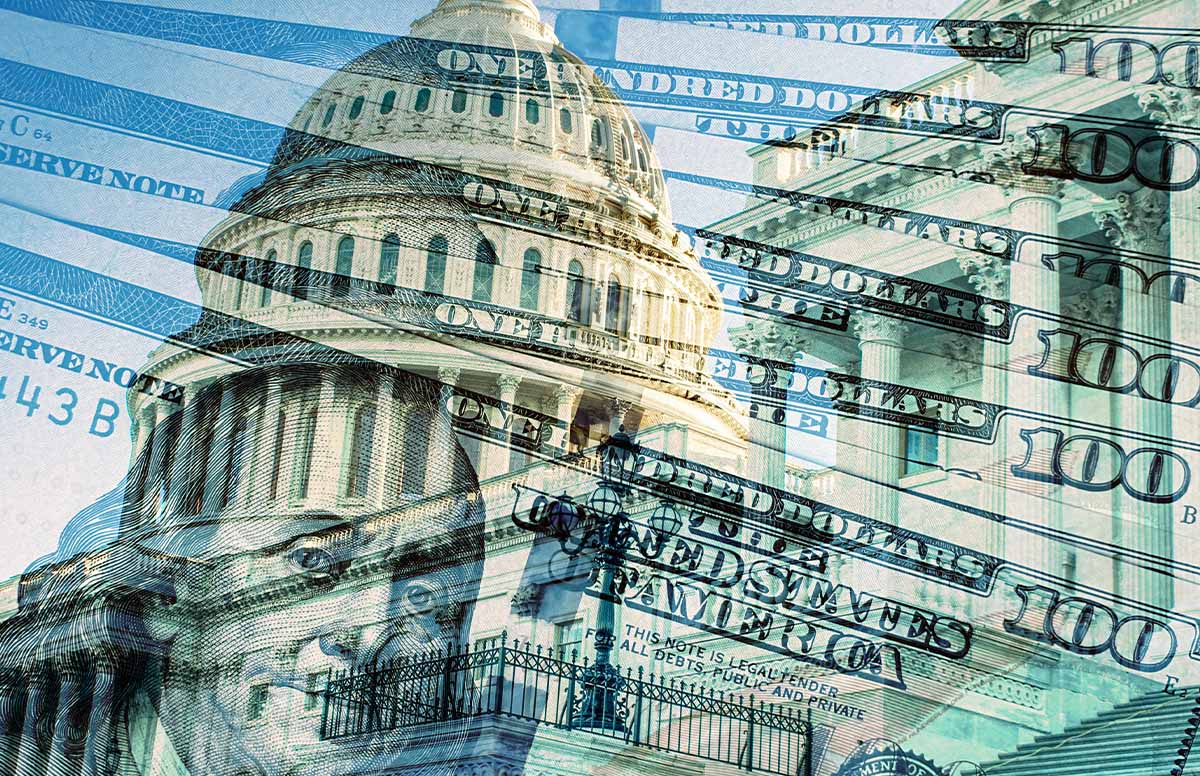As Republicans work towards a package that can pass in both the House and Senate, some sticking points have emerged. The House-passed reconciliation bill’s policy to freeze and institute a moratorium on new Medicaid provider taxes will reduce state flexibility to respond to changes in economic need; the Senate’s version of provider tax policy went further. Hospitals’ advocacy data show that reductions in provider taxes and state directed payments (SDPs) as outlined in the Senate’s version would hit rural hospitals especially hard, with some projections they will lose more than $50 billion.
Multiple proposals have been rumored to be in the works to develop a ‘rural provider relief fund’ in hopes of offsetting these financial losses for rural providers. The most recent proposal to gain enough traction to have been leaked would authorize a fund making $3 billion available annually from 2027 through 2031 ($15 billion total). Half of this annual funding ($1.5 billion) would be distributed evenly among all 50 states, and the remaining $1.5 billion would be allocated based on criteria determined by the Centers for Medicare and Medicaid Services Administrator but the leaked document includes no mention of Medicaid in these criteria.
States would need to complete a single application for the duration of the fund that includes a rural health transformation plan. States could use funds through both the year of allocation and the subsequent year to promote rural health improvement in line with tenets outlined in Secretary Kennedy’s Make America Health Again Report. Text outlining the leaked proposal is available here.
LeadingAge opposes this approach as it doesn’t even begin to backfill the funding gap rural providers and states will experience from the proposed Medicaid cuts including limits on provider taxes and reduced to state-directed payments caps included in the Senate budget reconciliation bill. Politically, it is unclear whether this will satisfy Senators with concerns about the Senate’s provider tax proposal.
Keep up on all Budget Reconciliation 2025 developments via this serial post.

 Shutdown Week Three: Impact of Ongoing Closure on Affordable Housing
Shutdown Week Three: Impact of Ongoing Closure on Affordable Housing Colleagues on the Move, February 18, 2026
Colleagues on the Move, February 18, 2026


